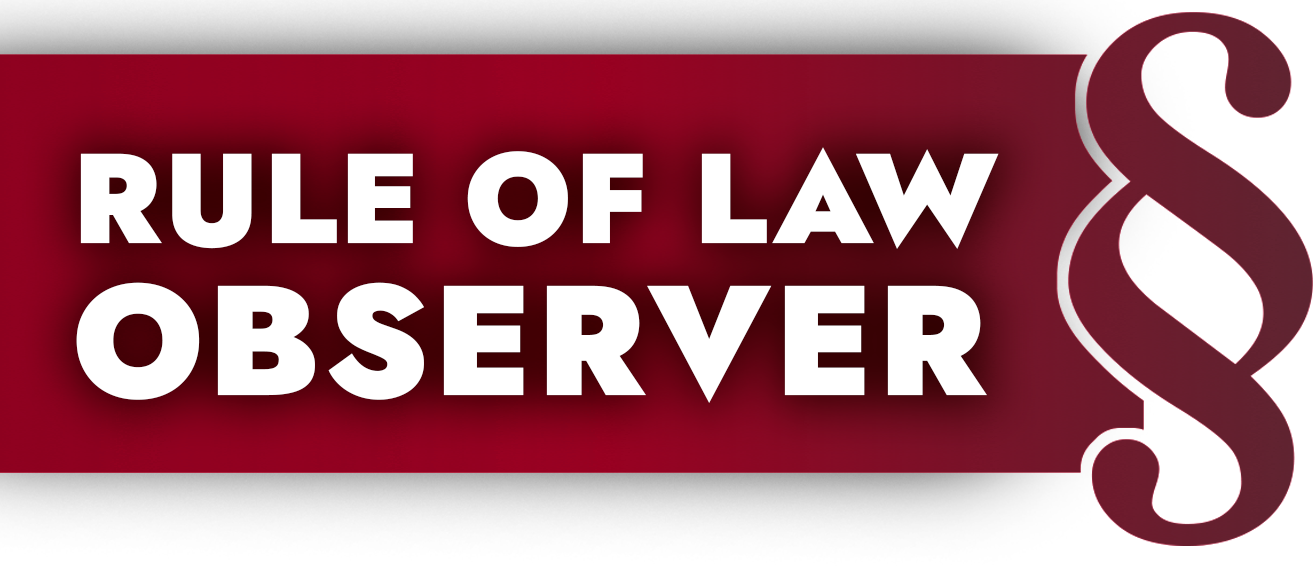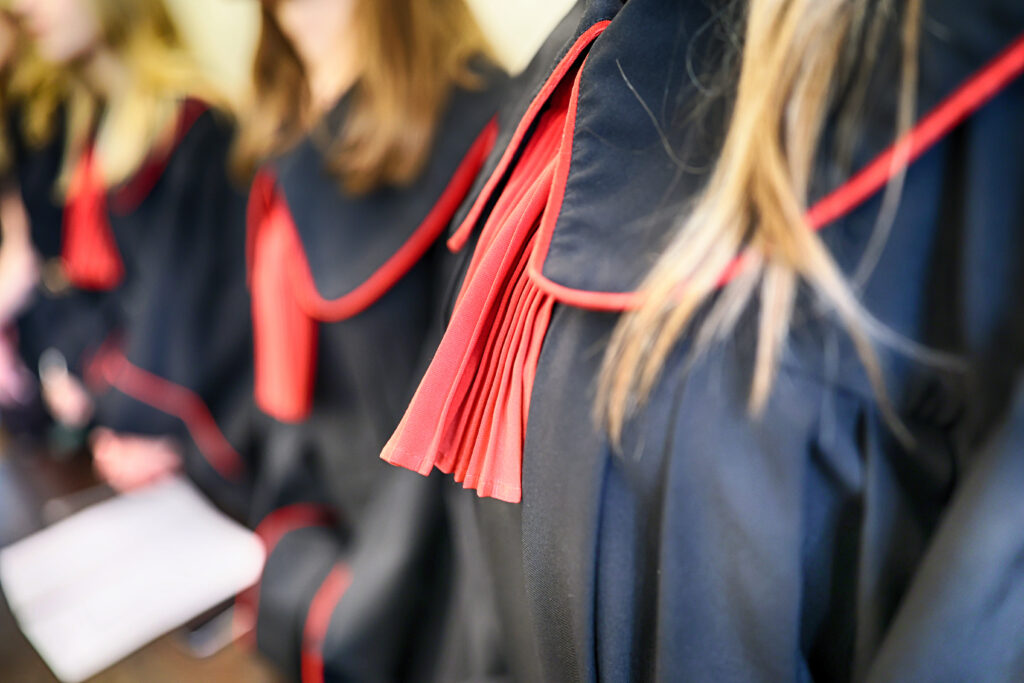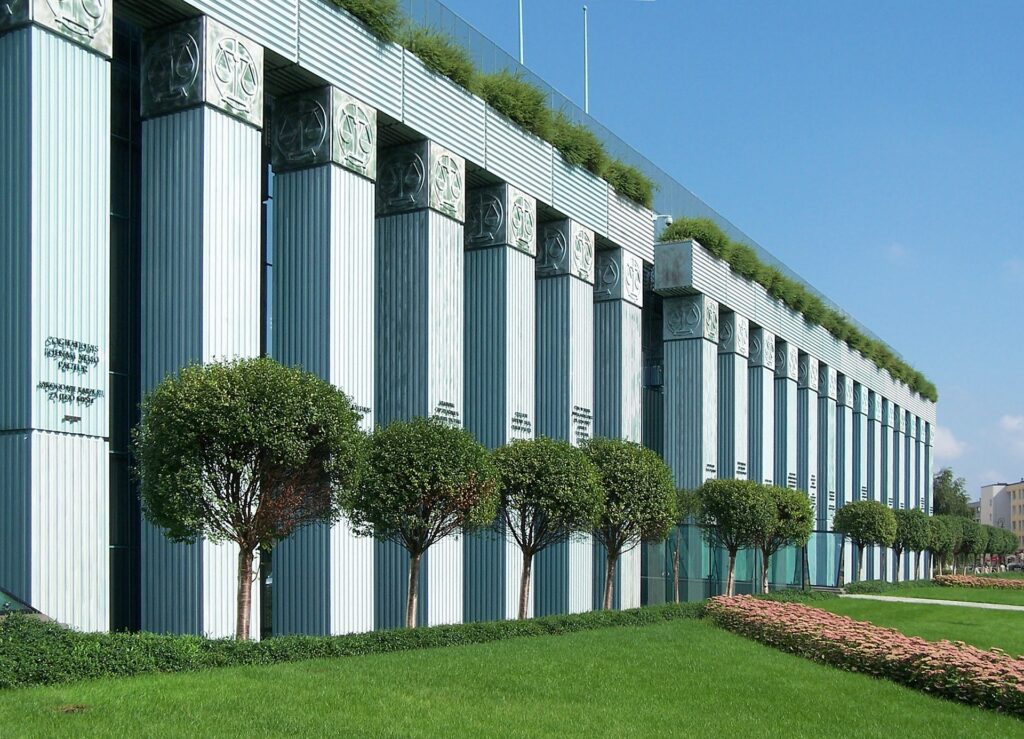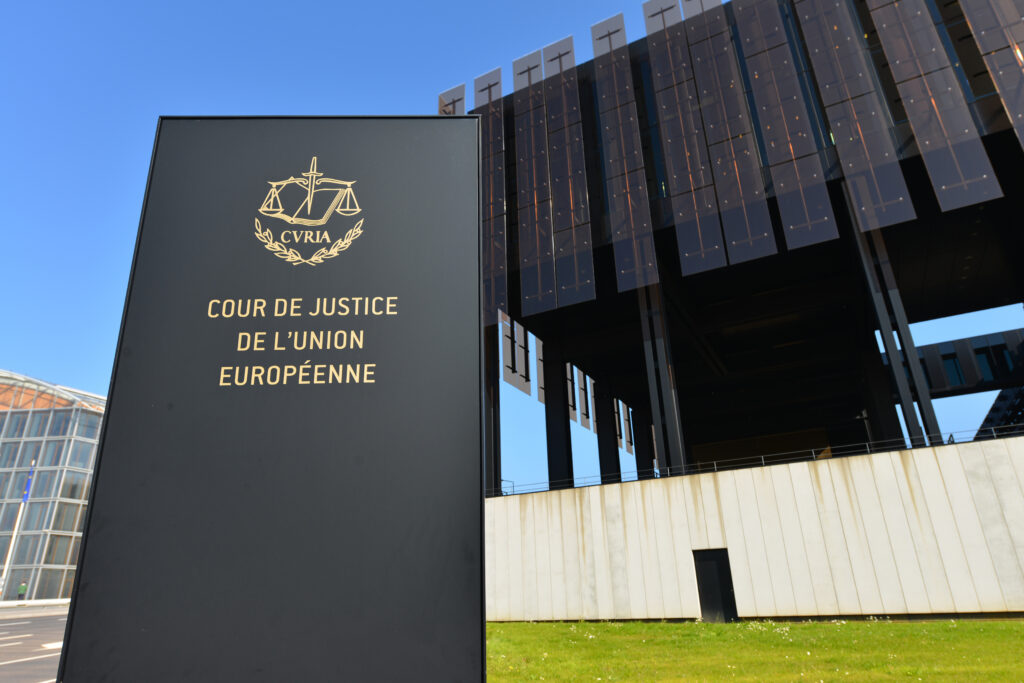- Last Friday, prosecutors representing the Prosecutor General took part in proceedings before the Extraordinary Review Chamber and Public Affairs Chamber of the Supreme Court, during which election protests were considered.
- Today, however, the spokesperson for the Prosecutor General announced that Minister Bodnar will not take part in tomorrow’s Chamber meeting on the validity of the elections.
- The actions of the Prosecutor General are not only inconsistent, but also contrary to the announcements of other representatives of the ruling camp (Prime Minister Donald Tusk and Sejm Marshal Szymon Hołownia), who announced that they would recognise the Chamber’s decision and take all legally required steps to enable Karol Nawrocki to take office as President of the Republic of Poland on 6 August.
Last Friday (27 June 2025), the Supreme Court considered a number of election protests.
These included 49,598 identical protests, submitted using a template developed by MP Roman Giertych, which, as we recently predicted, were dismissed without further action.
However, with regard to the protests that met the legal requirements and were therefore considered by a panel of three judges of the Extraordinary Review and Public Affairs Chamber in open sessions, eight of them were found to be justified, but at the same time it was concluded that they had no impact on the election results.
However, it is particularly important to note that these meetings were attended by representatives of the Prosecutor General’s Office – Minister of Justice Adam Bodnar.
Meanwhile, just last week, Minister Bodnar issued a statement, consistent with his earlier position, in which he again questioned the status of the judges of the Extraordinary Review Chamber of the Supreme Court and called for, contrary to the provisions of Article 26 § 1. point 2 of the Supreme Court Act and without any legal basis, the judges of the Labour and Social Insurance Chamber of the Supreme Court should rule on election protests and the validity of elections.
Has anything changed in the last few days with regard to Minister Bodnar’s position? His inconsistency in this regard was best summed up by Dr Bartosz Lewandowski:
Aristotle is turning in his grave. Although, according to the government camp, the Extraordinary Control Chamber of the Supreme Court ‘is not a court’, a prosecutor – a representative of the Prosecutor General in official attire – participates in its meetings and addresses the judges as ‘Your Honour’… So Adam Bodnar, as Minister of Justice, does not recognise the Chamber, but as Prosecutor General, he does.
Perhaps the signal came from the Prime Minister himself, Donald Tusk, who, during Friday’s press conference, referring to the above-mentioned decisions concerning the election protests, stated that there is no reason to question the assessment of the Supreme Court Review Chamber that the irregularities found did not affect the outcome of the elections.
The Prime Minister was even more unequivocal during today’s press conference, stating that:
It cannot be the case, and please take note of this at last, because there is a lot of confusion surrounding this matter, that I will publish or not publish the rulings of this or that institution depending on whether I like the election results or not. Therefore, in the case of these elections, we will treat the Chamber’s rulings in the same way as in the case of previous rulings. It is up to the Supreme Court to assess whether elections are valid or invalid. It is wrong that this was decided during the PiS government, that the Chamber, which many, including myself, consider to have been improperly appointed, deals with this matter in the Supreme Court. However, there is no such possibility, and I would also like everyone to understand that the Supreme Court should not be replaced in this matter, i.e. recognising the validity or invalidity of elections, by the public prosecutor’s office or the government. You would not want to live in a country where the public prosecutor’s office, the police or the government decide on the results of elections.
Of course, this does not mean that the government has completely withdrawn from its previous position. During both press conferences, the Prime Minister again raised doubts about the legality of the Supreme Court’s Review Chamber, as raised by the ‘democratic side’ (sic! this probably refers to representatives of the current ruling camp, whose attitude towards democracy, however, raises serious doubts) and ‘European courts’.
Minister Bodnar also seems to be seeking to prevent the Supreme Court from efficiently ruling on the validity of the elections. For example, last Thursday (26 June 2025), he addressed the First President of the Supreme Court with a letter in which he complained that the Supreme Court had so far forwarded only 321 of the more than 56,000 election protests (i.e. approx. 0.57%) for his opinion.
What is more, today (30 June 2025), the Supreme Court’s profile on platform X announced that two prosecutors from the National Prosecutor’s Office had entered the Court’s premises on the orders of Minister Bodnar:
demanded access to the IKNiSP secretariat and the release of the files on the election protests, explaining their demands with the instructions they had received from their superiors.
Meanwhile, on 24 June, the Supreme Court issued a correction in which it referred to Minister Bodnar’s narrative that it was necessary to consult the Prosecutor General in order to consider all election protests, including those that did not meet the statutory requirements. The correction stated that:
The President of the Extraordinary Review and Public Affairs Chamber, in a letter to the Prosecutor General dated 20 June 2025:
– assured that copies of election protests, decisions to join cases, as well as notices of public hearings would be delivered to the Prosecutor General without undue delay;
– pointed out that in cases of protests with identical content, as well as in cases where the protest clearly does not meet the formal requirements, in accordance with established practice, the Supreme Court does not repeat its request for a position;
– indicated that if, in the opinion of the Prosecutor General, there is a need to change the position already taken, there are no legal obstacles to doing so by way of supplementing the position already submitted;
– informed about the consent of the President of the First Chamber of the Extraordinary REview and Public Affairs Division for the prosecutor acting on behalf of the Prosecutor General to review the case files containing the minutes of the district court hearings conducting, by way of legal assistance, activities involving the inspection of ballot papers.
It is difficult to disagree with the position of the Supreme Court, especially with the part highlighted in bold. Admittedly, according to Article 323 of the Electoral Code:
§ 1. The Supreme Court shall examine the protest in a panel of three judges, in non-contentious proceedings, and shall issue an opinion in the form of a decision on the protest.
§ 2. The opinion shall contain findings as to the merits of the allegations in the protest and, if the allegations are upheld, an assessment of whether the election offence or violation of the provisions of the Code had an impact on the election results.
§ 3. The participants in the proceedings shall be: the person lodging the protest, the chair of the relevant electoral commission or his or her deputy, and the Prosecutor General.
However, as we have already described in detail on our website, Article 322 of the Code stipulates that the Supreme Court shall dismiss protests lodged without meeting the requirements, and therefore Article 323 shall not apply to them.
Considering that, pursuant to Article 324 of the Code, the Supreme Court has 30 days from the date of the announcement of the election results by the National Electoral Commission to consider all election protests and adopt a resolution on the validity of the elections, the expectation that the Prosecutor General be provided with almost 60,000 copies of the protests lodged before that deadline may even be considered obstruction and an attempt to prevent the above task from being performed within the statutory deadline.
Perhaps this was the intention of the Prosecutor General, as evidenced by his earlier statements, in which he suggested that if the Supreme Court did not adopt a resolution on the validity of the elections, the Marshal of the Sejm, Szymon Hołownia, would take over the duties of the head of state. This would, of course, be completely contrary to the Polish constitutional system.
In summary, Minister Bodnar’s behaviour should be considered extremely inconsistent, as has been clearly noted by journalists. Just this morning, in a press interview, the Prosecutor General stated that:
However, I think that saying that the elections are to be invalid is far-reaching. All the more so because there is a constitutional presumption of the validity of elections.
– as well as announcing that he intends to appear in person before the Supreme Court when it adopts the resolution in question, which is to take place tomorrow, 1 July.
Meanwhile, in the early afternoon, the spokesperson for the National Prosecutor’s Office, Anna Adamiak, announced that Adam Bodnar had again requested the exclusion of all judges adjudicating in the Extraordinary Control and Public Affairs Chamber, and if the Supreme Court did not grant this request, the Minister would not present his position on the validity of the elections.
Of course, failure to present such a position will in no way affect the status of the Supreme Court’s ruling on the validity of the elections. Everything therefore indicates that the scenario announced by the Ombudsman is playing out, according to which:
The elections will take place, the Supreme Court will rule on their validity, and that is all I can say at this point.
All the more so as Marshal Hołownia himself has also firmly distanced himself from the demands not to convene the National Assembly (in order to prevent Karol Nawrocki from taking the oath of office) and to assume the duties of president.
However, it is regrettable that on the way to this point, representatives of the current government camp made a number of statements and took actions that certainly did not have a positive impact on the level of public debate and Polish political culture, and, moreover, sought to significantly reduce public confidence in democratic processes and the institutions that safeguard them.
Image source: Adobe Stock.



